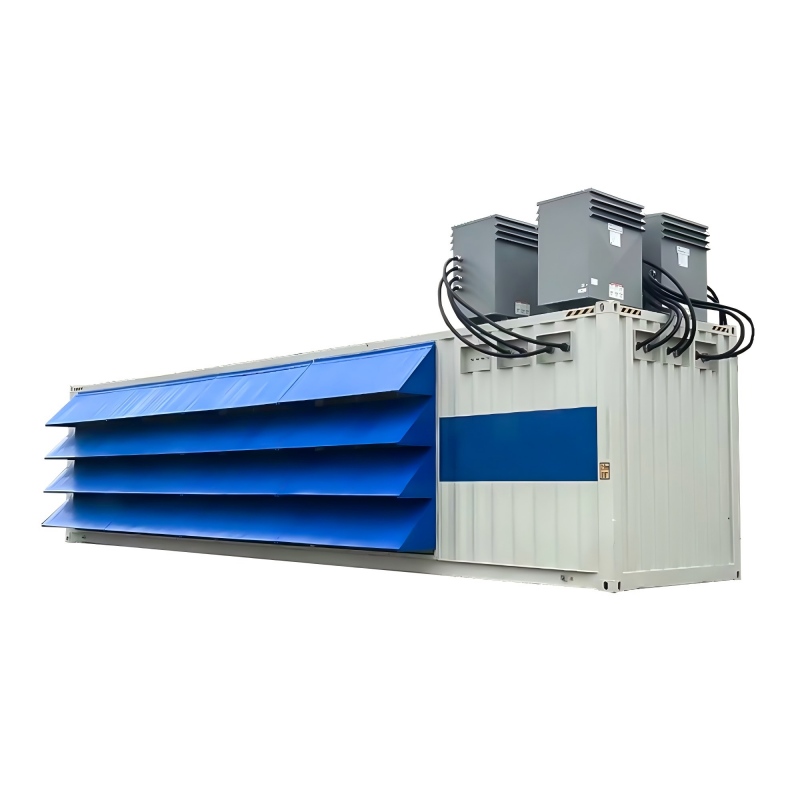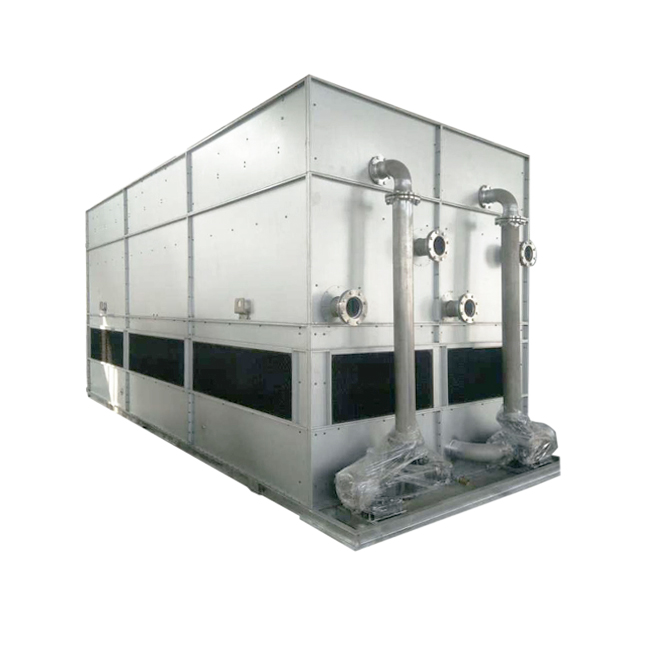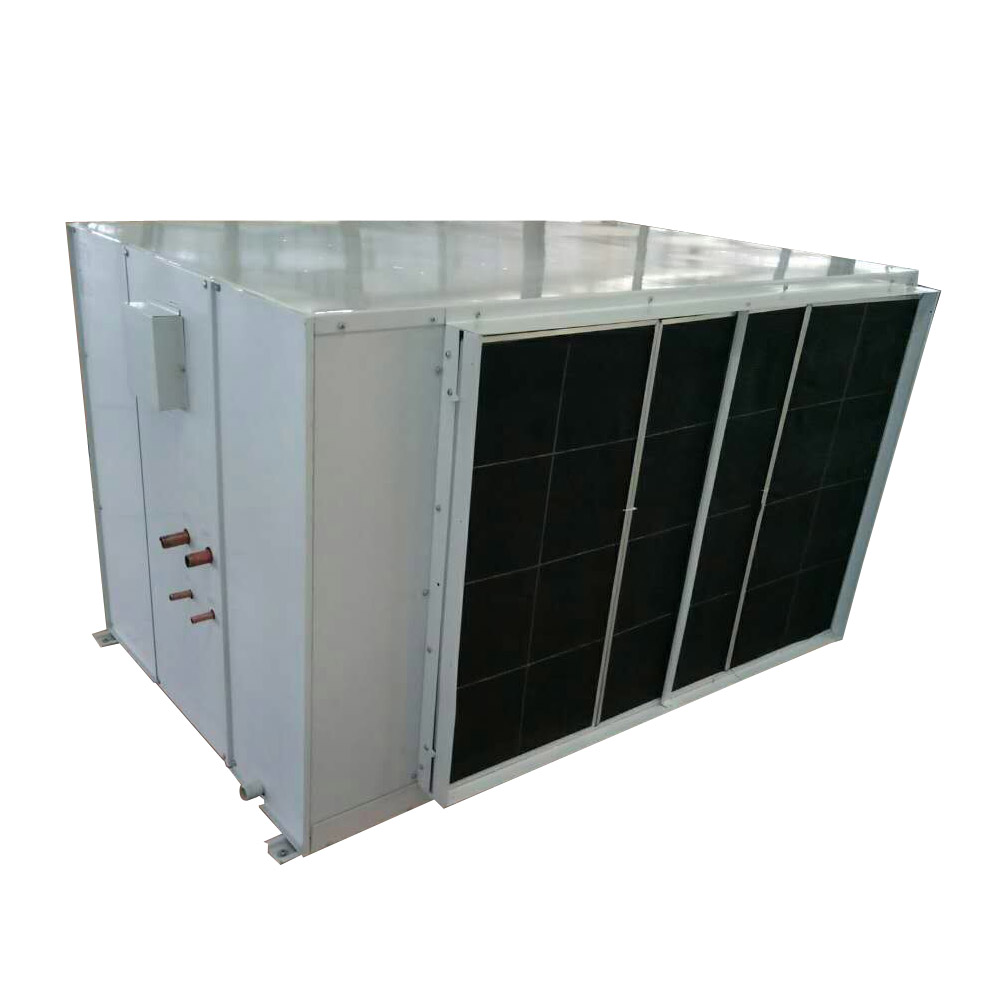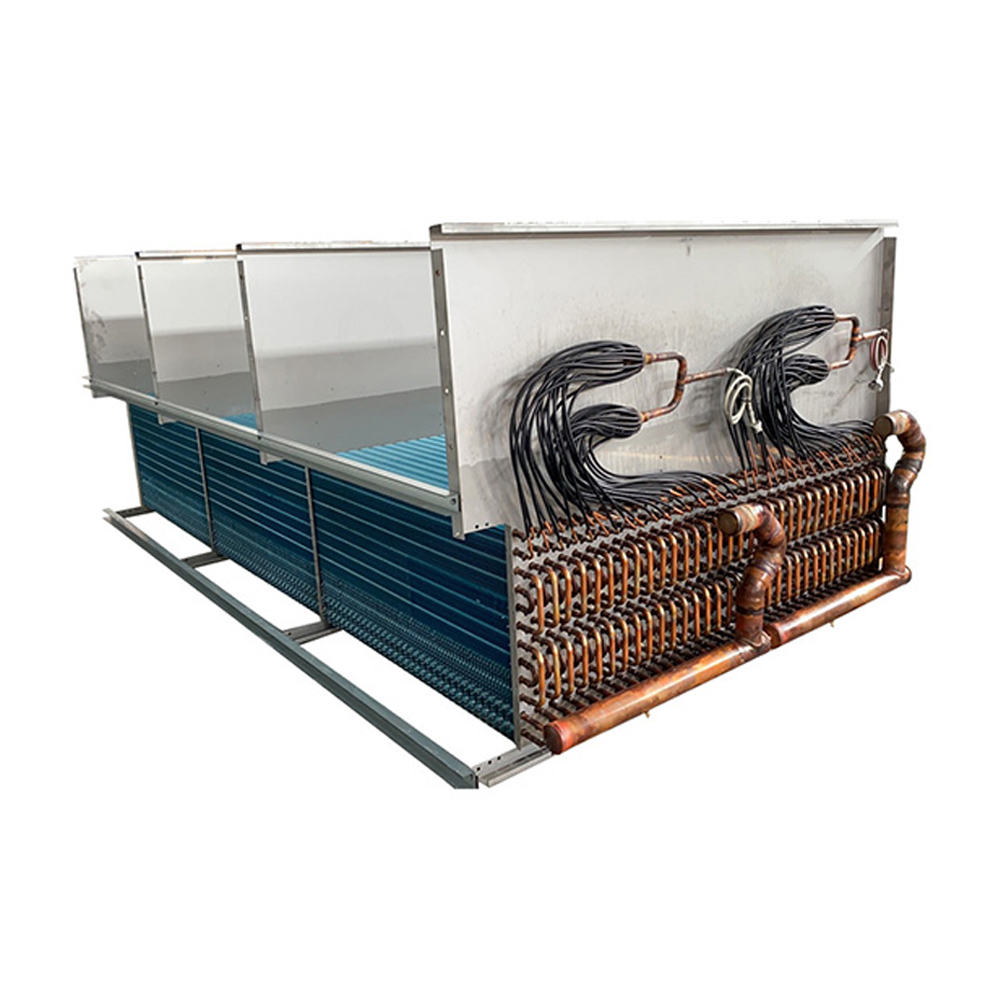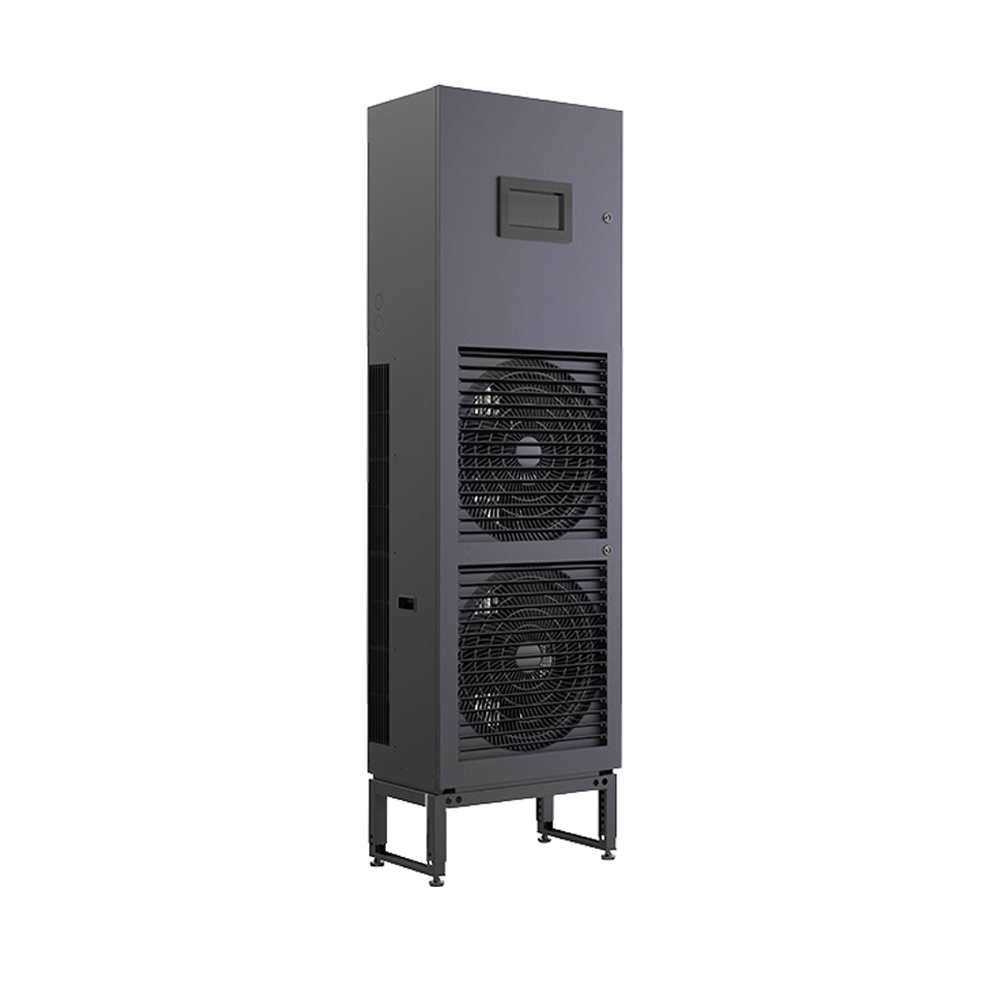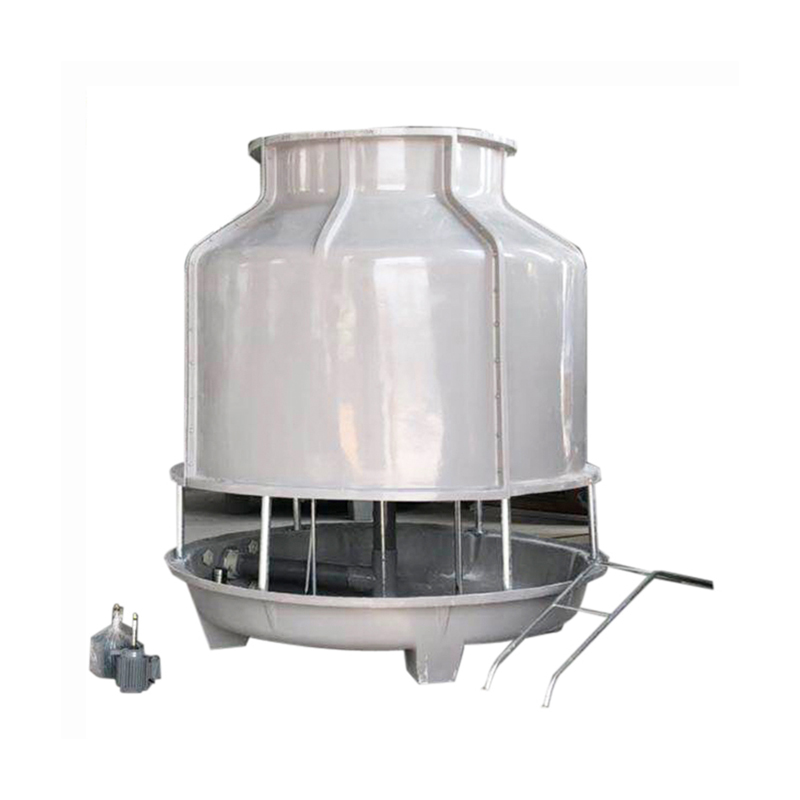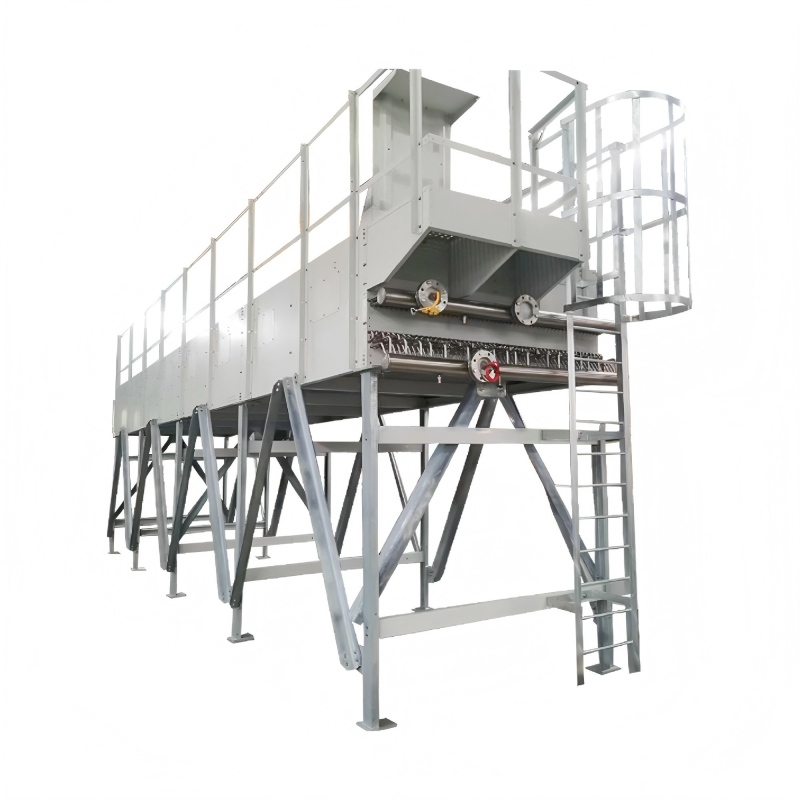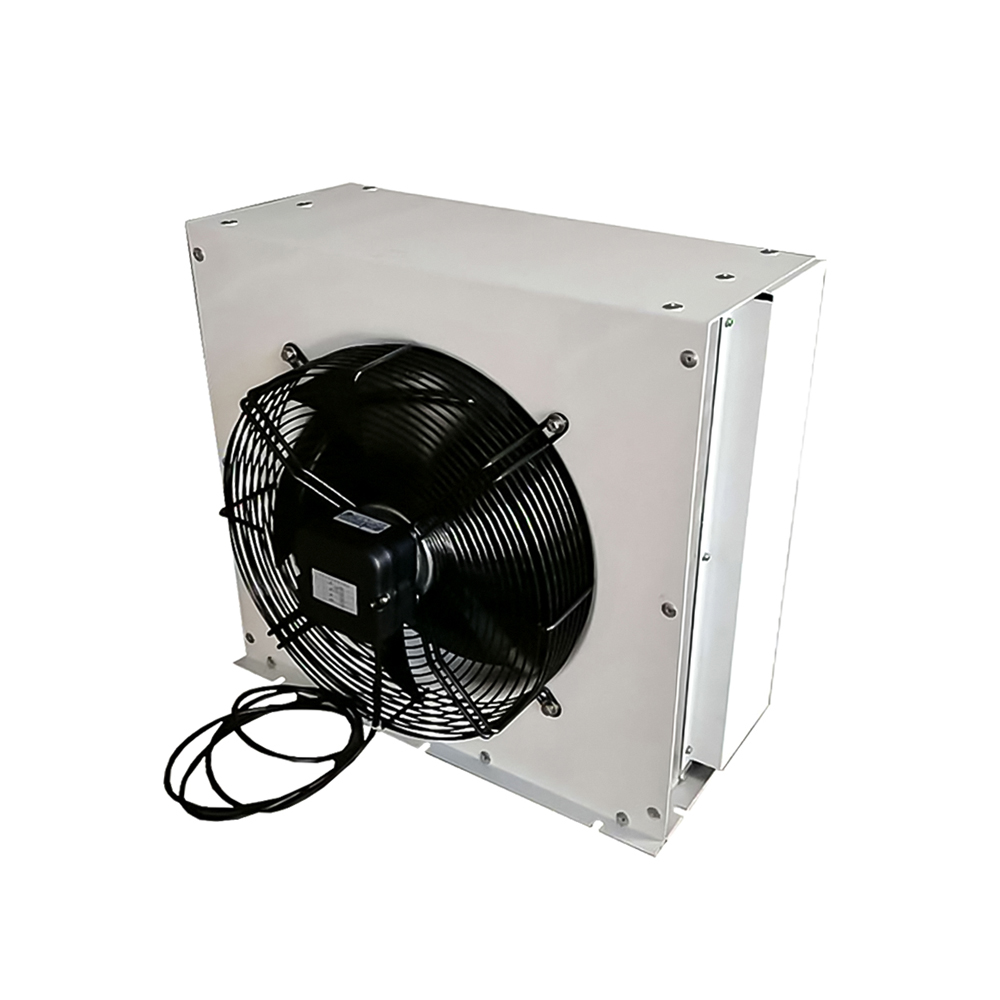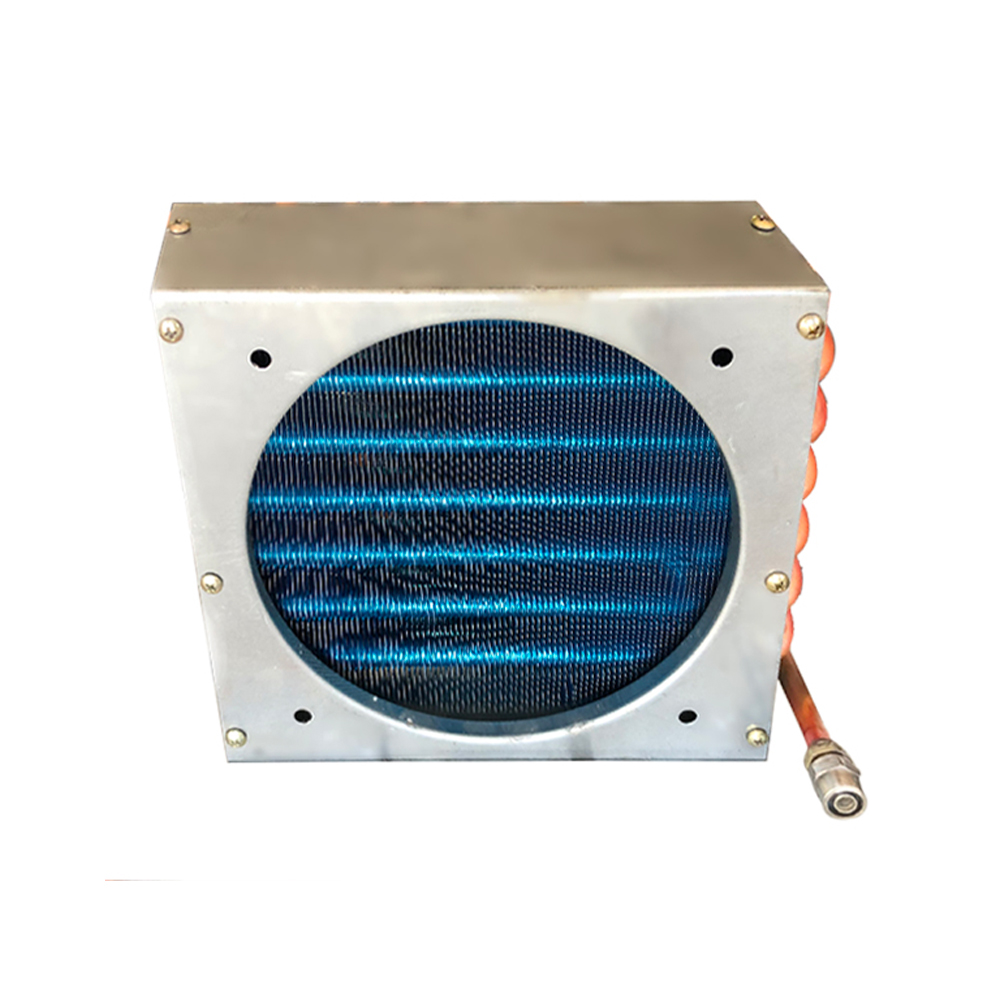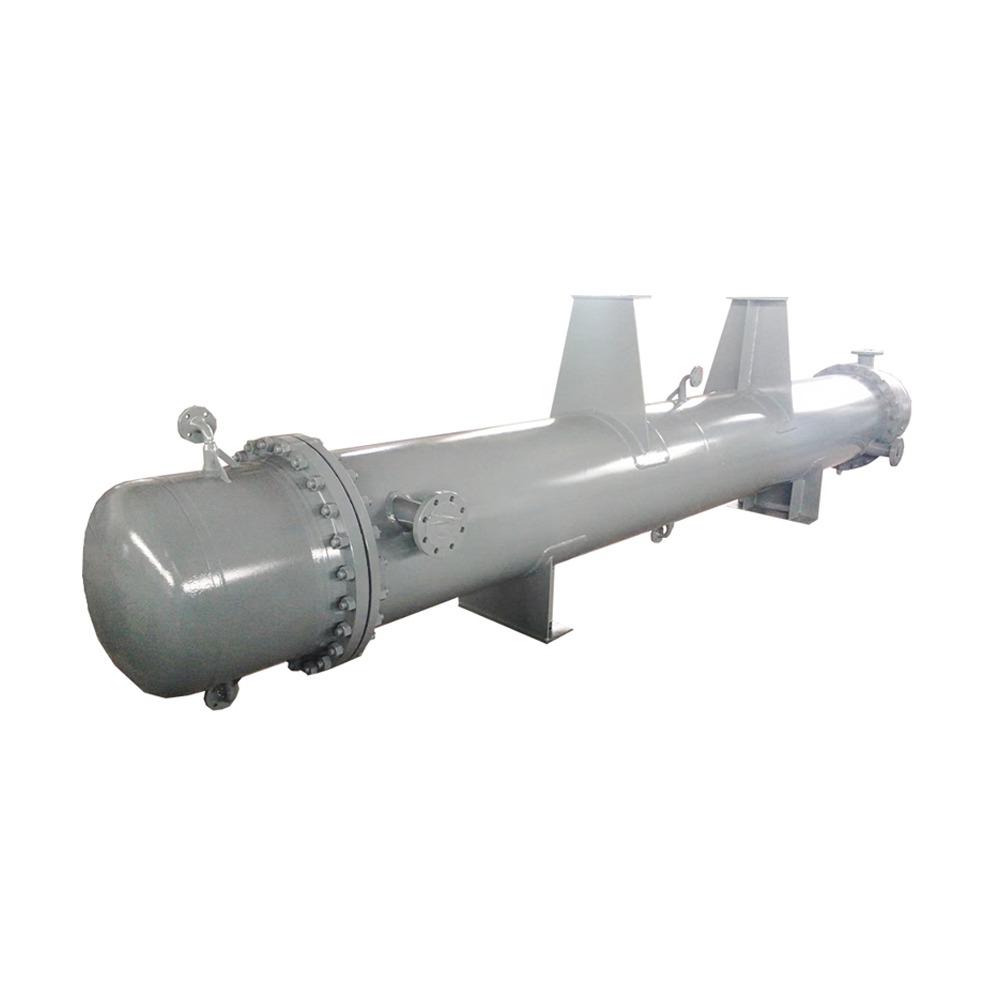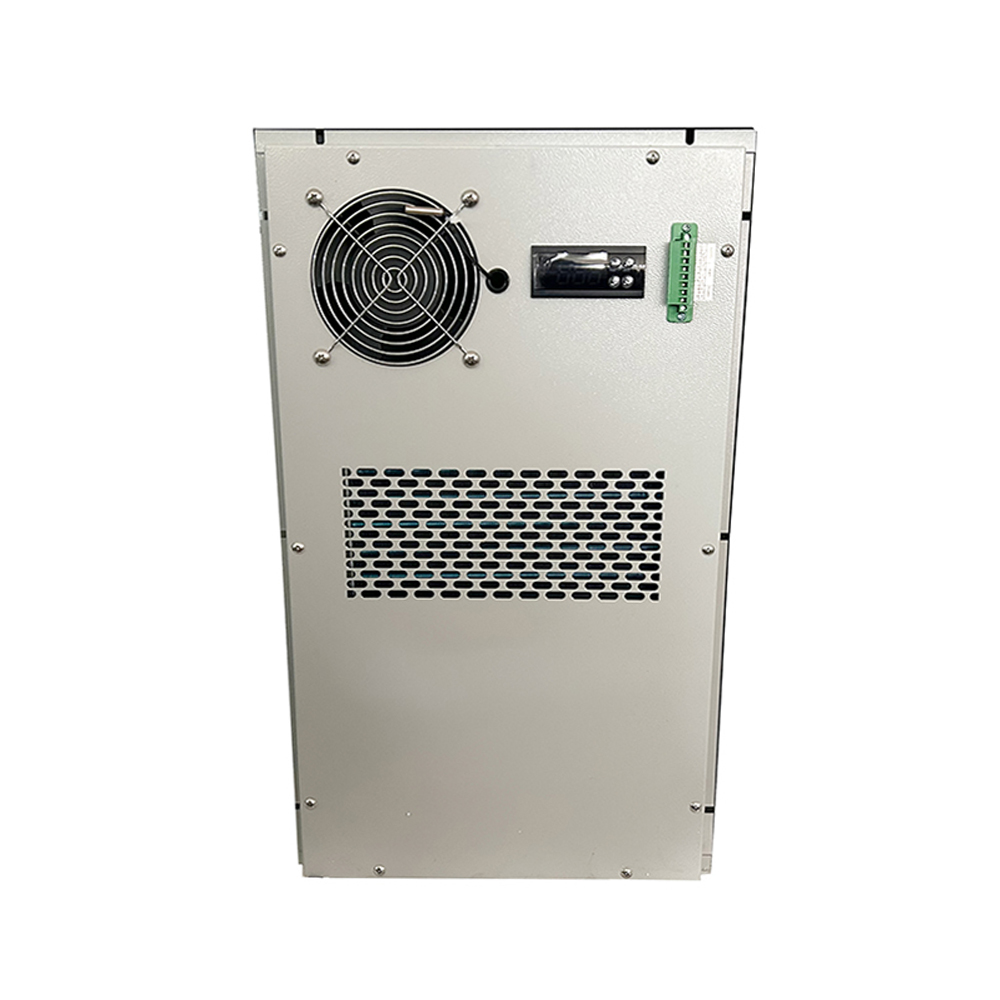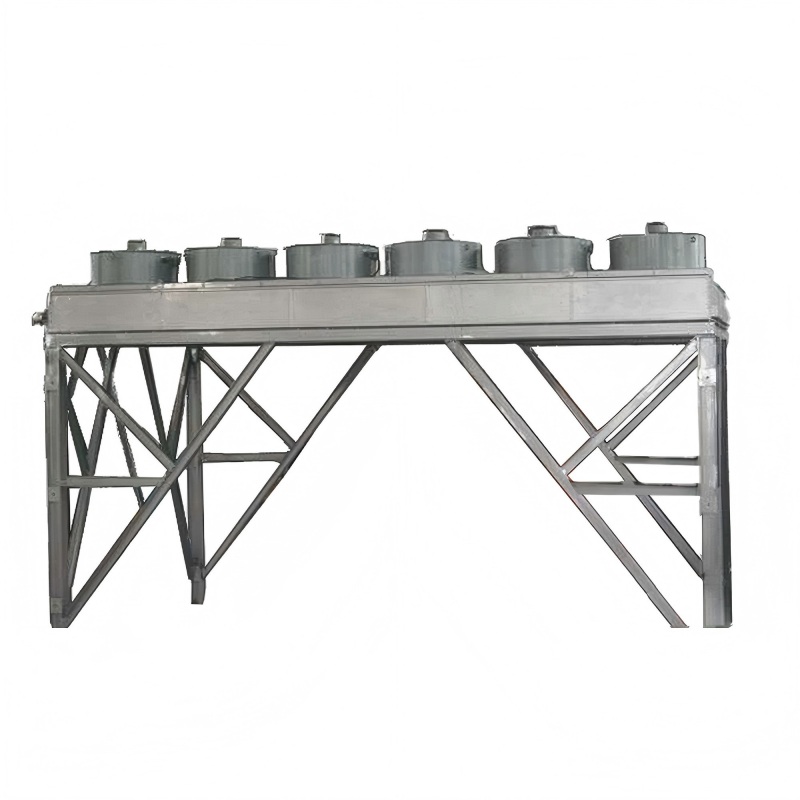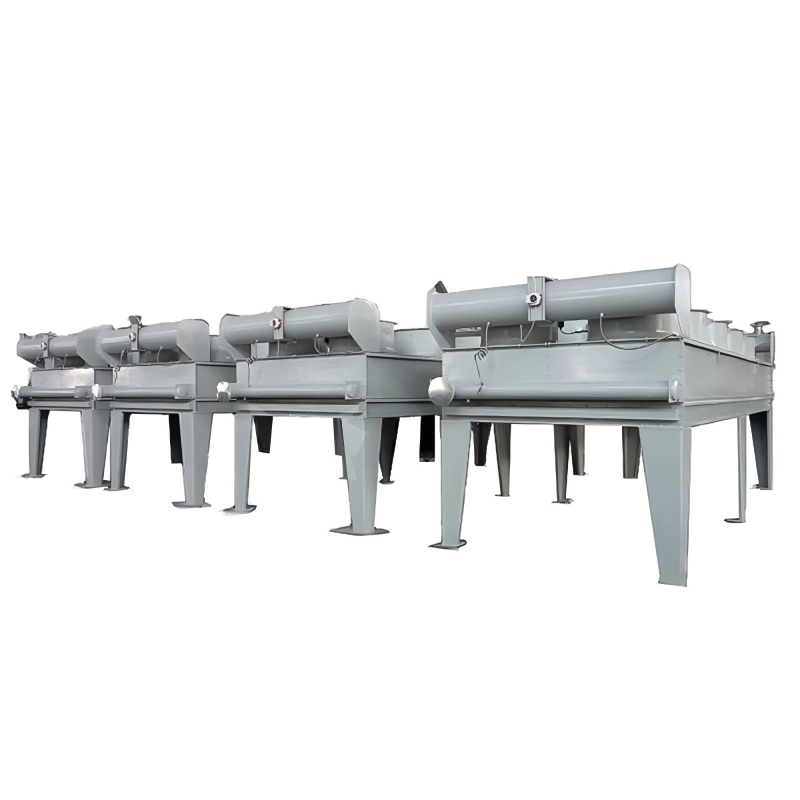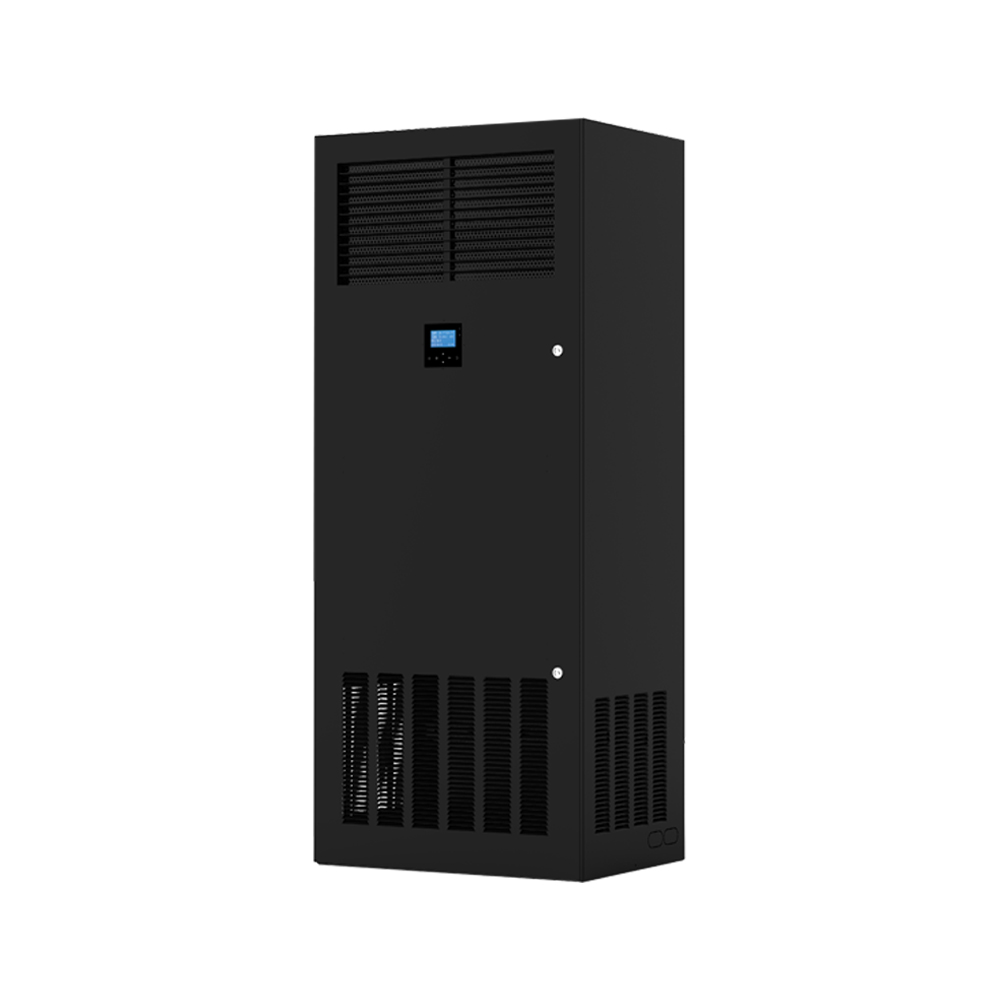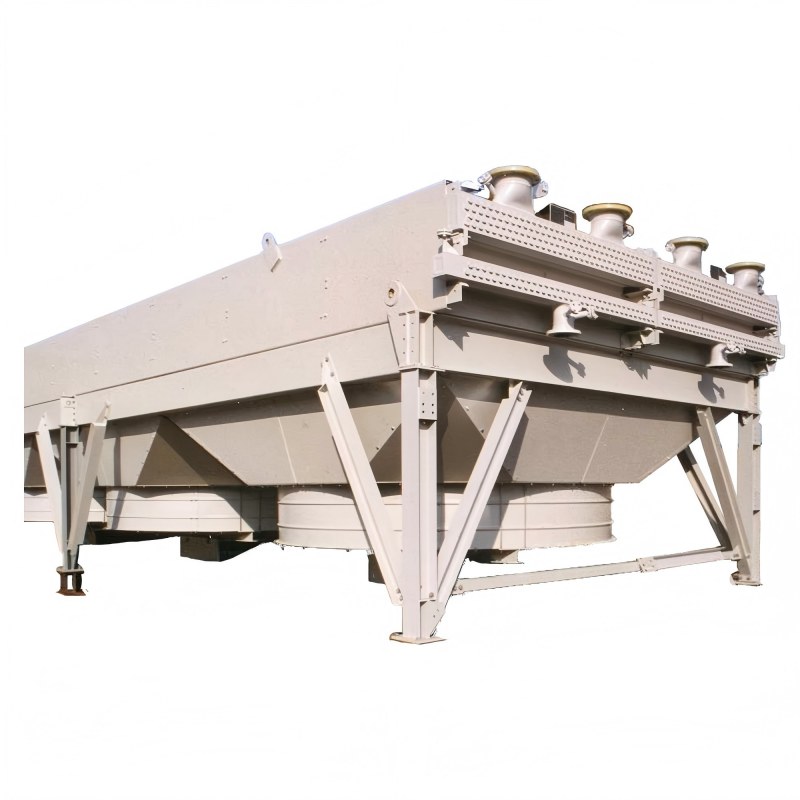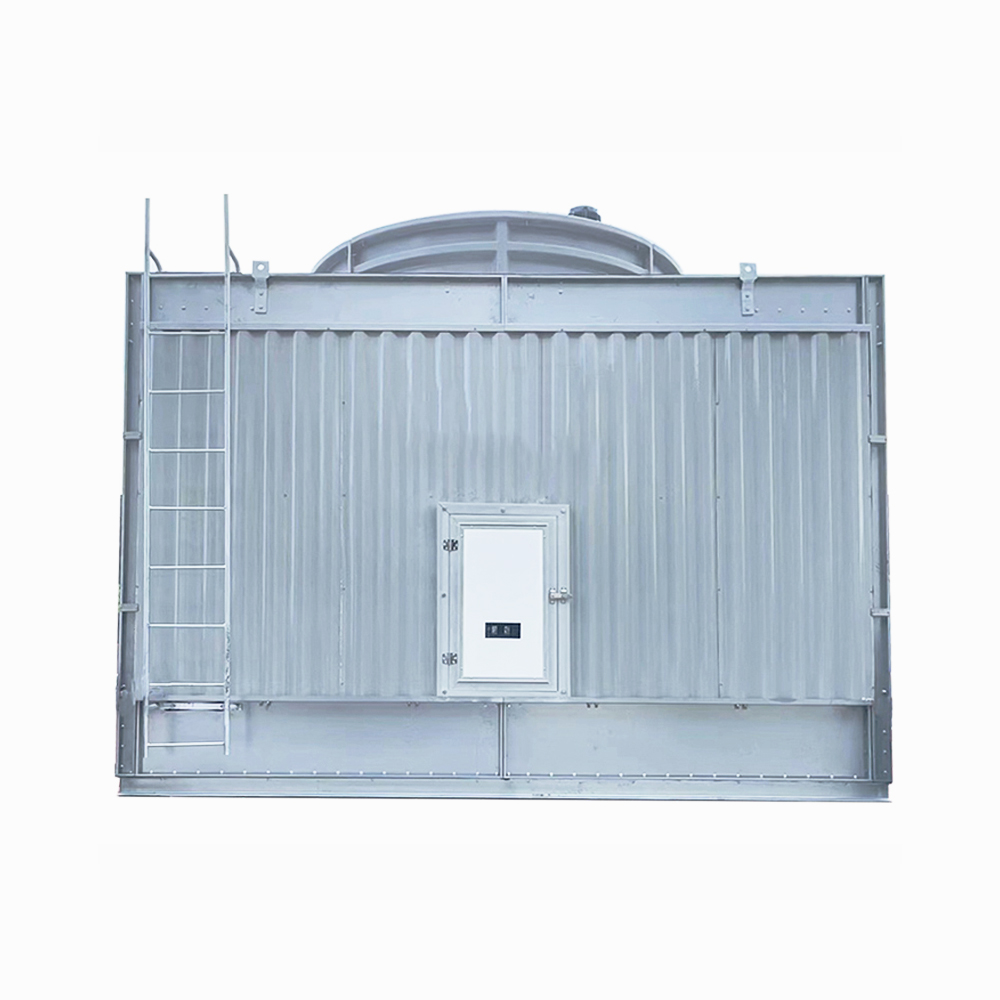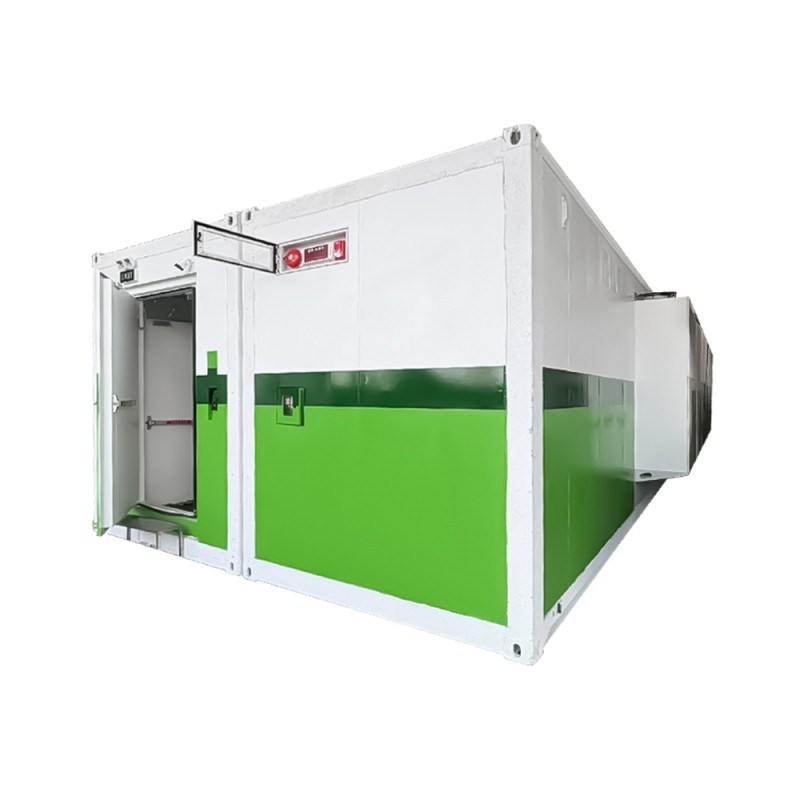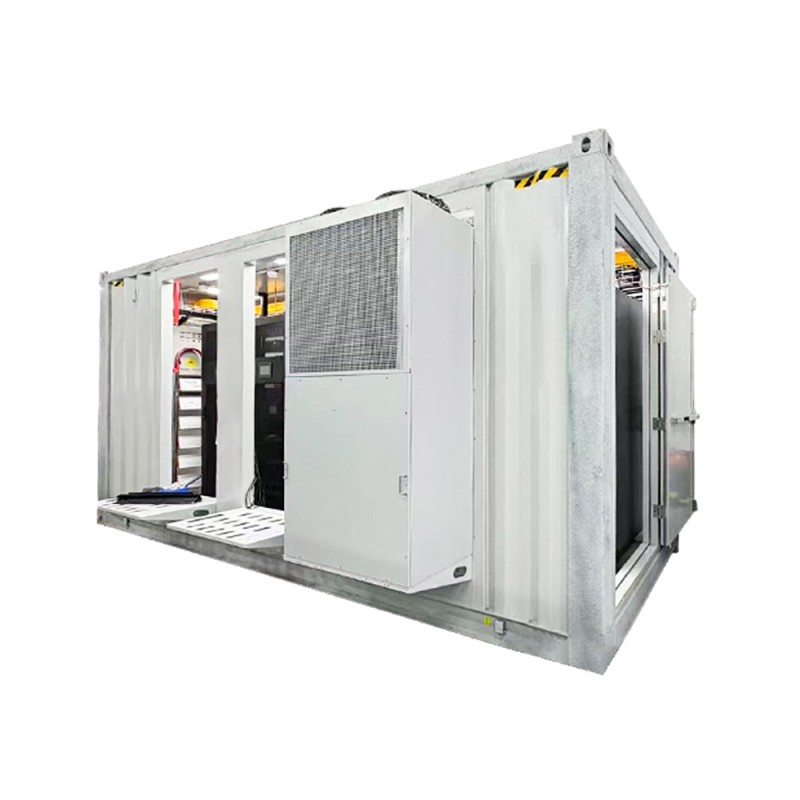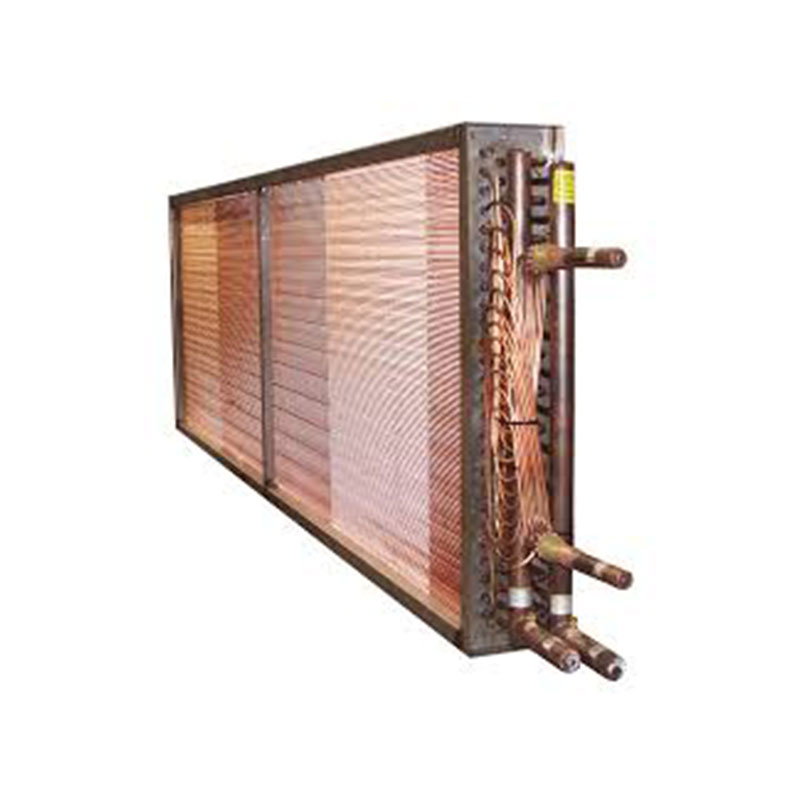This comprehensive guide explores the world of AC evaporators, providing essential information for making informed decisions. We delve into various types, applications, considerations for selection, and maintenance tips to ensure optimal performance and longevity. Learn how to choose the right AC evaporator for your specific needs, maximizing efficiency and minimizing energy consumption.
Types of AC Evaporators
Air Cooled Evaporators
Air cooled AC evaporators are the most common type, utilizing airflow to dissipate heat. They are relatively inexpensive and easy to install, making them suitable for various applications. Efficiency can vary depending on factors like fan design and airflow management. Common applications include residential air conditioning systems and smaller commercial units. Shanghai SHENGLIN M&E Technology Co.,Ltd offers a range of high-quality air-cooled AC evaporators.
Water Cooled Evaporators
Water cooled AC evaporators use water to absorb heat, often providing higher efficiency than air-cooled models, especially in environments with high ambient temperatures. They typically require a water cooling system, which adds to the initial cost and complexity. These are frequently employed in larger commercial and industrial settings where higher cooling capacities are needed. Proper water treatment is crucial to prevent scaling and corrosion.
Evaporative Coolers (Swamp Coolers)
While technically not strictly AC evaporators in the traditional sense, evaporative coolers are worth mentioning as they utilize evaporation to cool air. They are energy-efficient and well-suited for dry climates. However, they are less effective in humid environments and don't offer the same level of cooling as traditional air conditioning systems.
Factors to Consider When Choosing an AC Evaporator
Selecting the right AC evaporator requires careful consideration of several key factors:
Cooling Capacity (BTU/hr)
The cooling capacity, measured in British Thermal Units per hour (BTU/hr), determines the amount of heat the AC evaporator can remove. This should align with the space's cooling requirements. Underestimating the capacity can lead to inadequate cooling, while overestimating can result in unnecessary energy consumption and cost.
Refrigerant Type
The choice of refrigerant impacts the AC evaporator's efficiency and environmental impact. Modern refrigerants prioritize energy efficiency and reduced environmental harm. Check for compatibility with your existing system.
Size and Dimensions
The physical dimensions of the AC evaporator must fit the available space within your air conditioning system. Accurate measurements are crucial to ensure proper installation.
Material and Construction
The material used in the AC evaporator's construction impacts durability, corrosion resistance, and overall lifespan. High-quality materials are essential for long-term performance.
Maintenance and Troubleshooting
Regular maintenance extends the lifespan and efficiency of your AC evaporator. This includes cleaning coils to remove dust and debris, checking for leaks, and ensuring proper airflow. Early detection and resolution of issues prevent more significant problems later.
Comparison Table: Air Cooled vs. Water Cooled Evaporators
| Feature | Air Cooled | Water Cooled |
| Initial Cost | Lower | Higher |
| Efficiency | Generally lower | Generally higher |
| Installation Complexity | Simpler | More complex |
| Maintenance | Relatively easy | Requires water treatment |
Remember to always consult with a qualified HVAC technician for installation and maintenance of your AC evaporators. This guide provides general information and should not be considered professional advice. For high-quality AC evaporators, consider exploring the options available at Shanghai SHENGLIN M&E Technology Co.,Ltd.









